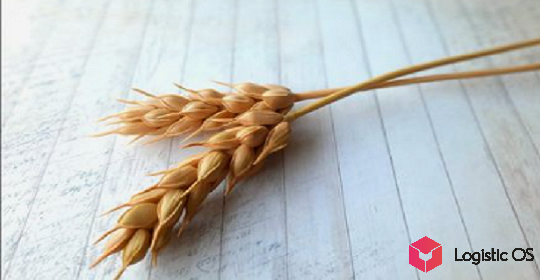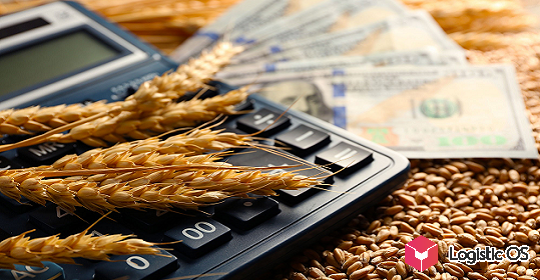Russia is reaching a new level in the export of vegetable oil. Despite this, it is not necessary to expect an increase in sown areas this season.
This season, the Russian Federation for the first time will become the world’s leading exporter of vegetable oil, as stated by Dmitry Rylko, Director General of the Institute for Agricultural Market Studies.
The rates of oil deliveries abroad, although not record-breaking, still turned out to be very high.
This was largely due to the fact that last season it was possible to collect a record harvest of oilseeds. For example, 15.7 million tons of sunflower and 1.65 million tons of flax were harvested this season. Records were also set for sunflower and rapeseed.
True, for the oilseed producers themselves, this can become a problem, because due to the excess supply, prices are steadily creeping down.
Buttermakers have increased margins
As for oil producers, they are doing well, because 3 factors coincided at once:
— Growth in production volumes due to a large amount of raw materials.
— Export duties imposed by the government on the export of raw materials from the country — as a result, producers have to sell a significant part of oilseeds to Russian processors.
— Commissioning of new capacities, which is happening right now and is expected in the near future.
Thanks to all this, it was possible to achieve very high export volumes.
For example, the lion’s share of sunflower oil produced in Russia was eventually sent abroad, despite the fact that the Russians themselves actively use this product for food.
As for rapeseed oil, it is exported almost in full: in Russia it is completely unpopular.
The same applies to flax. So far, it is mainly exported in the form of raw materials, although it is planned to start processing it in the near future.
What problems do buttermakers have?
Paradoxically, they are facing a shortage of raw materials as raw material prices are now falling and manufacturers are reluctant to ship their product for sale.
As a result, processing capacities are currently only 70% loaded. This can lead to the fact that very large volumes of residues will be transferred to the next season, which will simply be physically impossible to recycle.
In addition, oilseed producers, unlike butter producers, do not have such high margins, since export duties block profit opportunities.
So this year, the area under oilseeds will most likely remain at the previous level of 18 million hectares.

